Resources for Unit 10: Energy sources - Global Success 7
| Site: | vinhphuc.topgrade.edu.vn |
| Course: | Tiếng Anh Tăng Cường lớp 7 - Tam Đảo |
| Book: | Resources for Unit 10: Energy sources - Global Success 7 |
| Printed by: | Guest user |
| Date: | Wednesday, 27 November 2024, 4:35 PM |
Table of contents
- 1. Vocabulary for Unit 10: Energy sources
- 1.1. Vocabulary for Unit 10: Energy sources. Lesson 1. GETTING STARTED
- 1.2. Vocabulary for Unit 10: Energy sources. Lesson 2. A CLOSER LOOK 1
- 1.3. Vocabulary for Unit 10: Energy sources. Lesson 3. A CLOSER LOOK 2
- 1.4. Vocabulary for Unit 10: Energy sources. Lesson 4. COMMUNICATION
- 1.5. Vocabulary for Unit 10: Energy sources. Lesson 5. SKILLS 1
- 1.6. Vocabulary for Unit 10: Energy sources. Lesson 7. LOOKING BACK & PROJECT
- 2. Grammar for Unit 10: Energy sources
- 3. Video Lecture for Unit 10: Energy sources
- 3.1. Video Lecture for Lesson 1. GETTING STARTED
- 3.2. Video Lecture for Lesson 2. A CLOSER LOOK 1
- 3.3. Video Lecture for Lesson 3. A CLOSER LOOK 2
- 3.4. Video Lecture for Lesson 4. COMMUNICATION
- 3.5. Video Lecture for Lesson 5. SKILLS 1
- 3.6. Video Lecture for Lesson 6. SKILLS 2
- 3.7. Video Lecture for Lesson 7. LOOKING BACK & PROJECT
- 4. Hướng Dẫn Phát Âm Unit 10 (Global Success 7)
1. Vocabulary for Unit 10: Energy sources
Vocabulary
for Unit 10: Energy sources.
1.1. Vocabulary for Unit 10: Energy sources. Lesson 1. GETTING STARTED
do a project on
/duː ə ˈprɒʤɛkt ɒn / (v.phr) Thực hiện một dự ánI’m doing a project on energy sources.
(Tôi đang thực hiện một dự án về các nguồn năng lượng.)

come from
/kʌm frɒm/ (phr.v) đến từ đâuWhere does it come from?
(Chúng đến từ đâu ?)
natural gas
/ˈnæʧrəl gæs/ (n) khí đốt tự nhiênIt comes from many different sources like coal, oil, natural gas.
(Nó đến từ nhiều người khác nhau như than, dầu, khí đốt tự nhiên.)
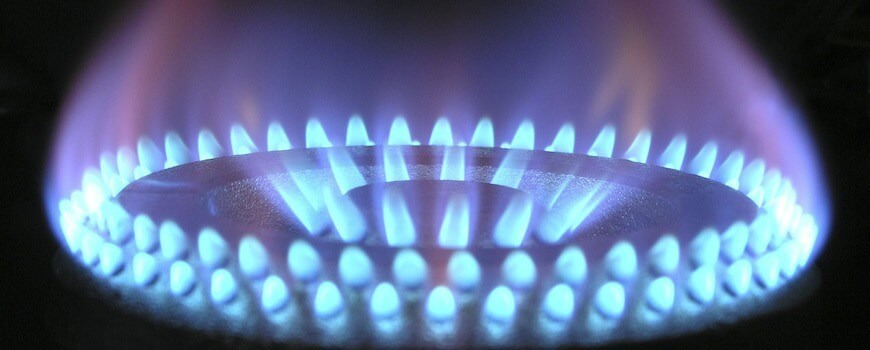
non-renewable sources
/nɒn-rɪˈnjuːəbl ˈsɔːsɪz/ (n.phr) nguồn không thể tái tạoWe call them non-renewable sources.
(Chúng tôi gọi chúng là các nguồn không thể tái tạo.)
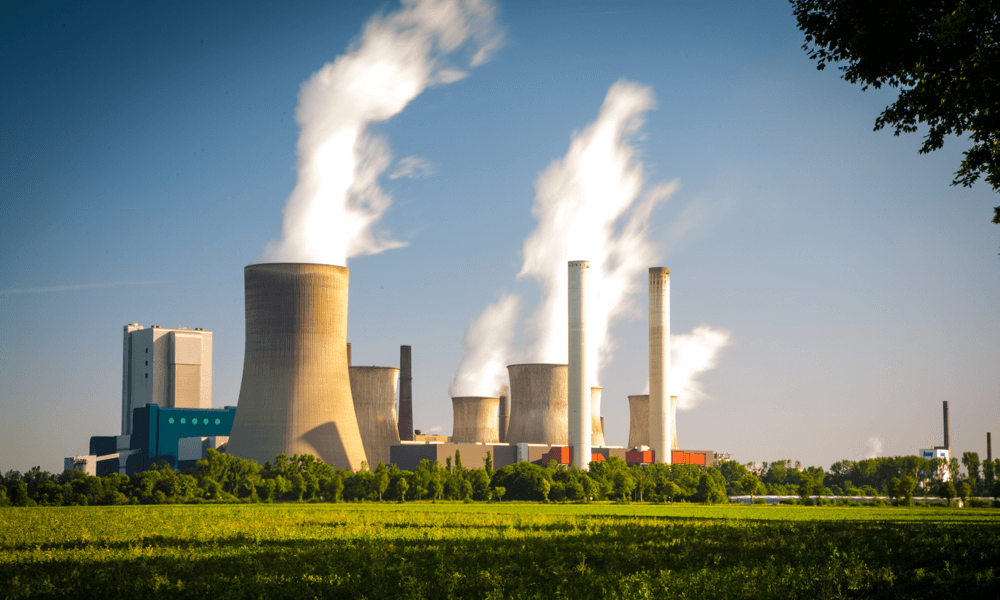
electricity
/ɪˌlekˈtrɪsəti/ (n.) điệnIt’s power that we use to provide us with light, heat or electricity.
(Đó là năng lượng mà chúng ta sử dụng để cung cấp ánh sáng, nhiệt hoặc điện.)
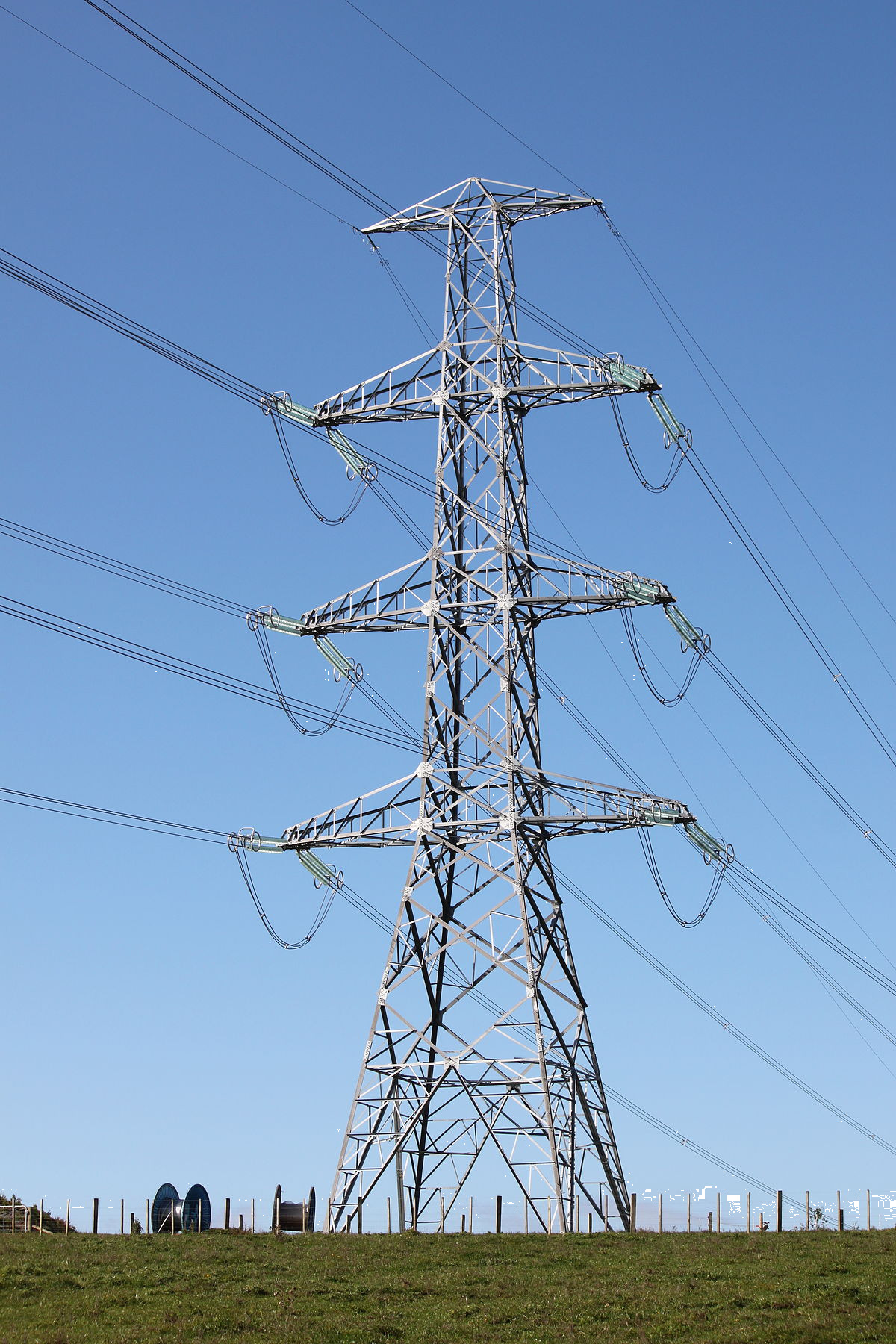
wind
/wɪnd/ (n.) gióCan it come from the sun, wind or water too?
(Vậy chúng có thể đến từ mặt trời, gió hoặc nước hay không?)

renewable
/rɪˈnjuːəbl/ (adj) có thể tái tạoRenewable means we can easily replace them.
(Có thể tái tạo nghĩa là chúng ta có thể dễ dàng thay thế chúng)
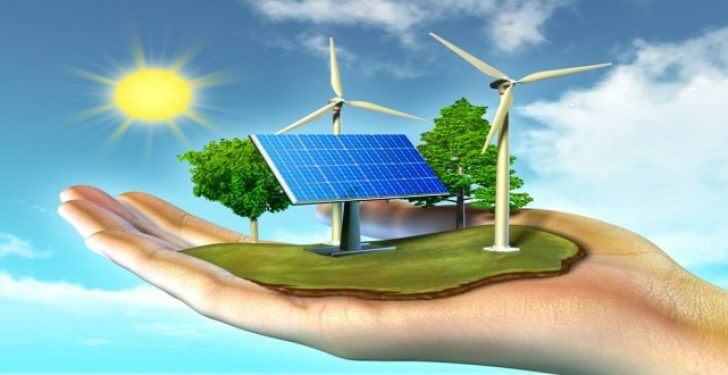
run out of
/rʌn aʊt ɒv/ (phr.v): cạn kiệtWe call those types of energy renewable sources because we cannot run out of them.
( Chúng tôi gọi những nguồn năng lượng trên có thể tái tạo được vì chúng tôi không thể làm cạn kiệt chúng)
easy to use
/ˈiːzi tuː juːz/ (adj.ph) dễ sử dụngSome types of energy are cheap and easy to use.
(Một số loại năng lượng thì rẻ và dễ dùng.)
harder to find
/ˈhɑːdə tuː faɪnd/ (adj.ph) khó tìmOthers are expensive and harder to find.
(Những loại khác thì đắt và khó tìm.)
coal
/kəʊl/ (n) thanIt comes from many different sources like coal, oil, natural gas..
(Nó đến từ nhiều người khác nhau như than, dầu, khí đốt tự nhiên.)
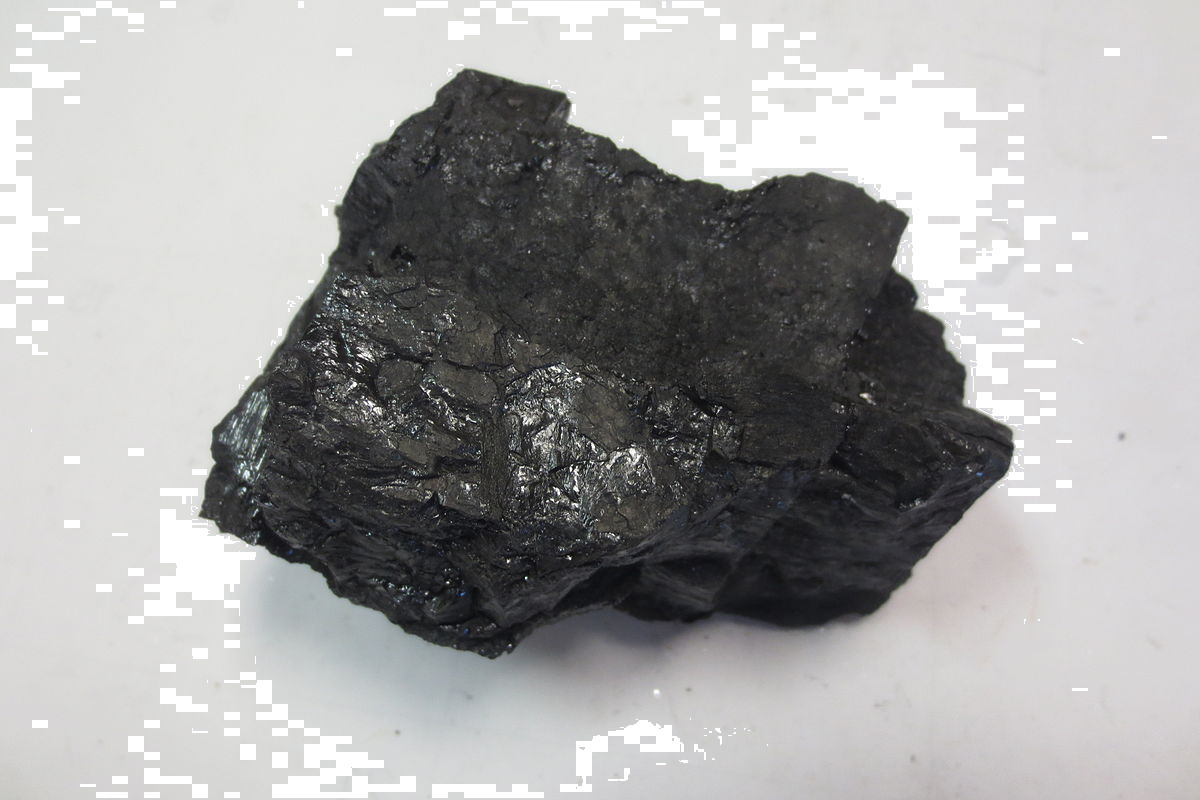
oil
/ɔɪl/ (n) dầuIt comes from many different sources like coal, oil, natural gas.
(Nó đến từ nhiều người khác nhau như than, dầu, khí đốt tự nhiên.)

provide someone with something
/prəˈvaɪd ˈsʌmwʌn wɪð ˈsʌmθɪŋ/ (v.phr) cung cấpIt’s power that we use to provide us with light, heat or electricity.
(Đó là năng lượng mà chúng ta sử dụng để cung cấp ánh sáng, nhiệt hoặc điện.)
1.2. Vocabulary for Unit 10: Energy sources. Lesson 2. A CLOSER LOOK 1
solar energy
/ˈsəʊlər ˈɛnəʤ/ (n.phr) năng lượng mặt trờiSolar energy comes from the sun.
(Năng lượng mặt trời lấy từ mặt trời.)
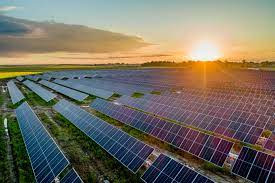
wind energy
/wɪnd ˈɛnəʤi/ (n.phr) năng lượng gióWind energy comes from the wind.
( Năng lượng gió lấy từ gió.)
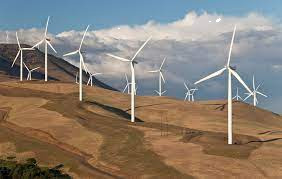
hydro energy
/wɪnd ˈɛnəʤi/ (n.phr) năng lượng hi rôHydro energy comes from water.
(Năng lượng hi rô lấy từ nước.)
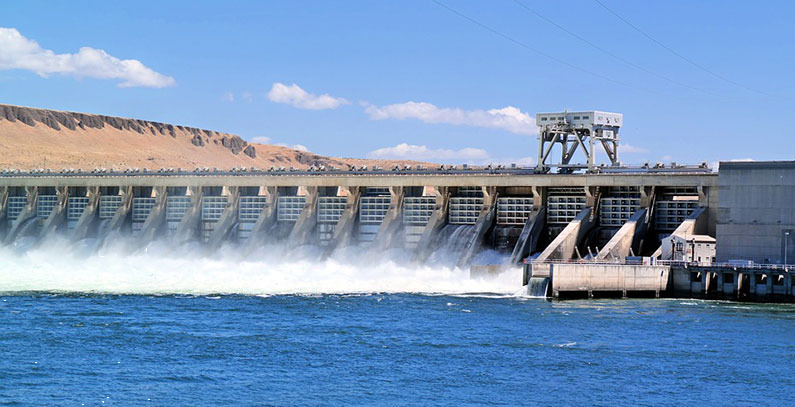
nuclear energy
/ˈnjuːklɪər ˈɛnəʤi/ (n.phr) năng lượng hạt nhânNuclear energy comes from the nuclear.
(Năng lượng hạt nhân lấy từ hạt nhân.)
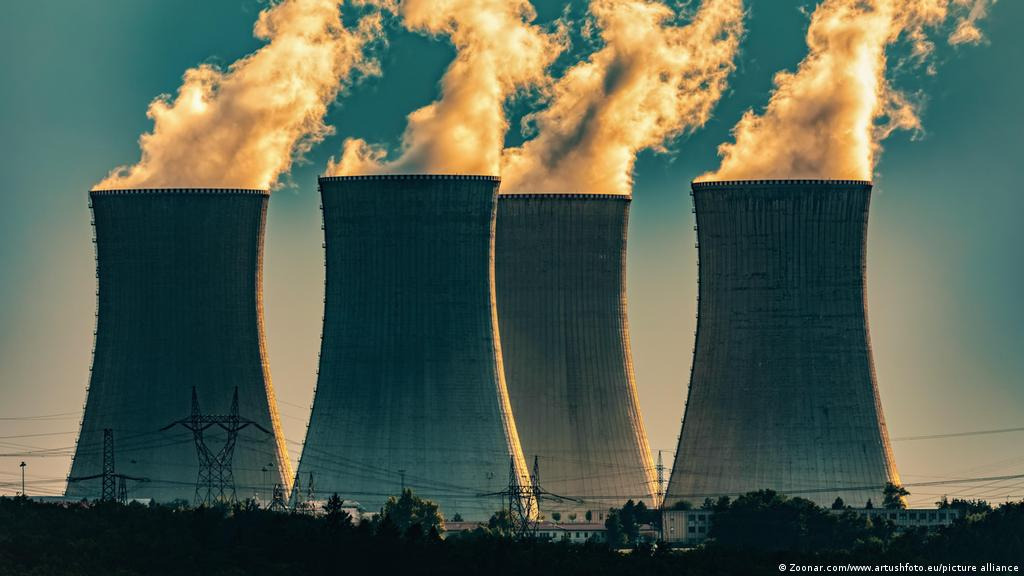
breeze
/briːz/ (n.) gió nhẹA good place to change water to energy is near the sea because of the sea breezes.
(Một nơi thích hợp để chuyển nước thành năng lượng là cạnh biển nhờ vào gió biển.)
solar panel
/ˈsəʊlə ˈpænl/ (n.phr) pin mặt trờiThey are putting solar panels on the roof of our building to produce solar energy.
(Họ để pin mặt trời trên nóc nhà để tạo ra năng lượng mặt trời.)
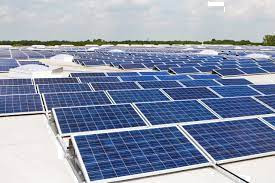
reduce
/ri'dju:s/ (v.) hạn chếThey are reducing the use of nuclear because it is not safe to produce.
( Họ hạn chế việc sử dụng hạt nhân vì nó khó sản xuất.)
dangerous
/ˈdeɪndʒərəs/ (adj) nguy hiểmNuclear energy is dangerous and expensive.
(Năng lượng hạt nhân thì nguy hiểm và đắt.)
recycle
/ˌriːˈsaɪkl/ (v) tái chếThe word ‘recycle’ has three syllables.
(Từ tái chế có 3 vần.)
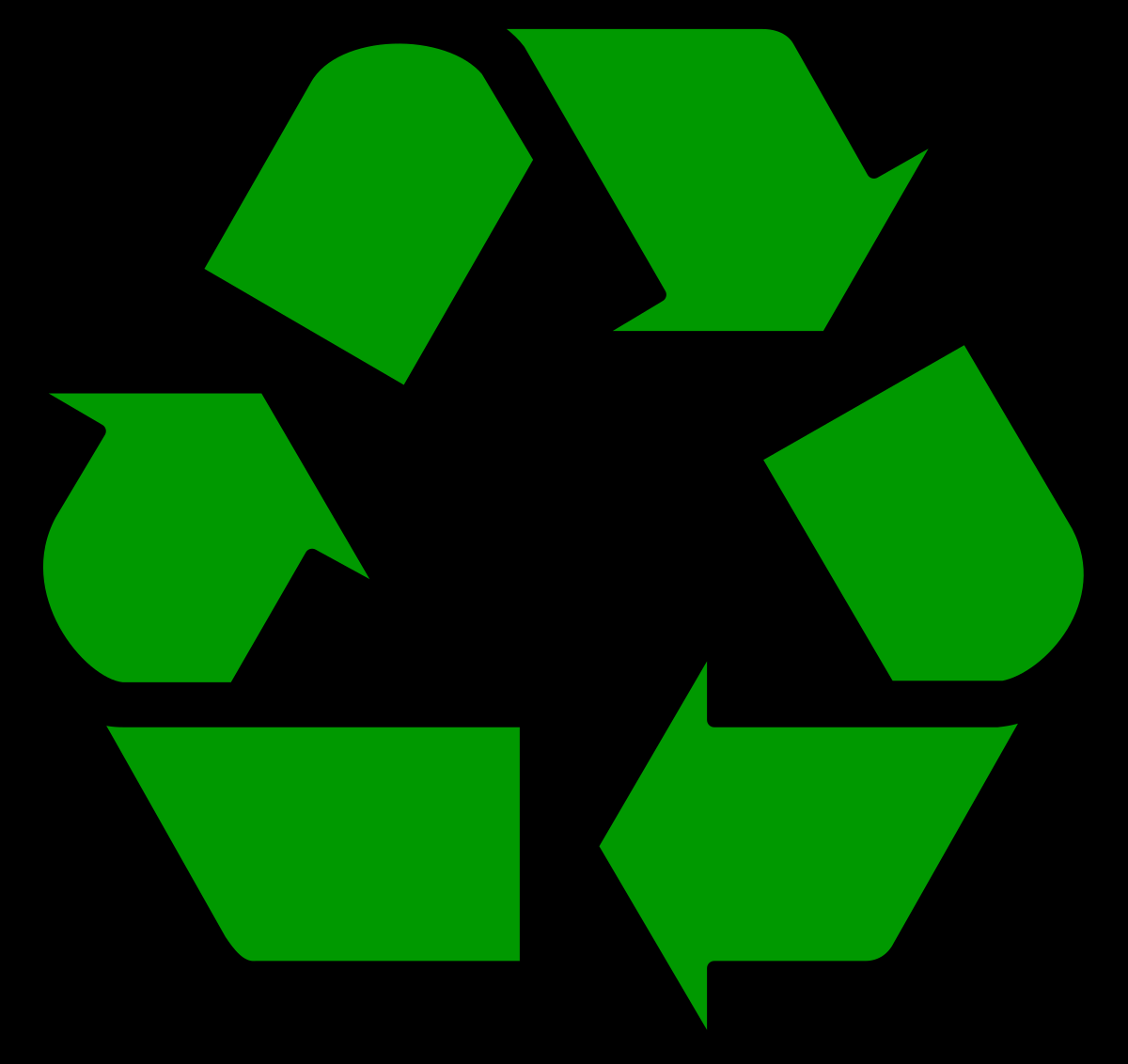
pollute
/pəˈluːt/ (v) ô nhiễmBurning coal is ,b>polluting our environment.
(Đốt than gây ô nhiễm môi trường.)
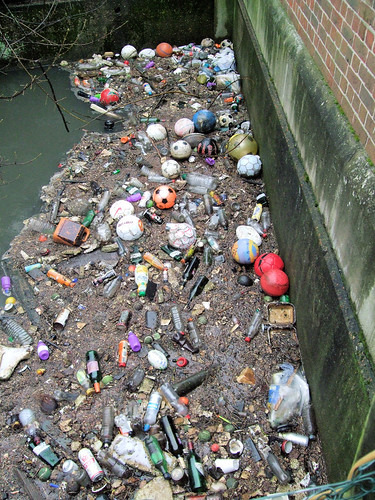
government
/ˈɡʌvənmənt/ (n) chính phủOur government is looking for new sources of energy to replace gas.
(Chính phủ đang tìm kiếm những nguồn năng lượng mới để thay thế khí đốt.)

1.3. Vocabulary for Unit 10: Energy sources. Lesson 3. A CLOSER LOOK 2
protect the environment
/prəˈtɛkt ði ɪnˈvaɪərənmənt/ (v.phr): bảo vệ môi trườngScientists are developing new energy sources to protect the environment.
(Các nhà khoa học đang phát triển nguồn năng lượng mới để bảo vệ môi trường.)

swimming pool
/ˈswɪm.ɪŋ ˌpuːl/ (n) hồ bơiShe is not swimming in the swimming pool right now.
( Cô ấy không bơi ở hồ bơi lúc này.)
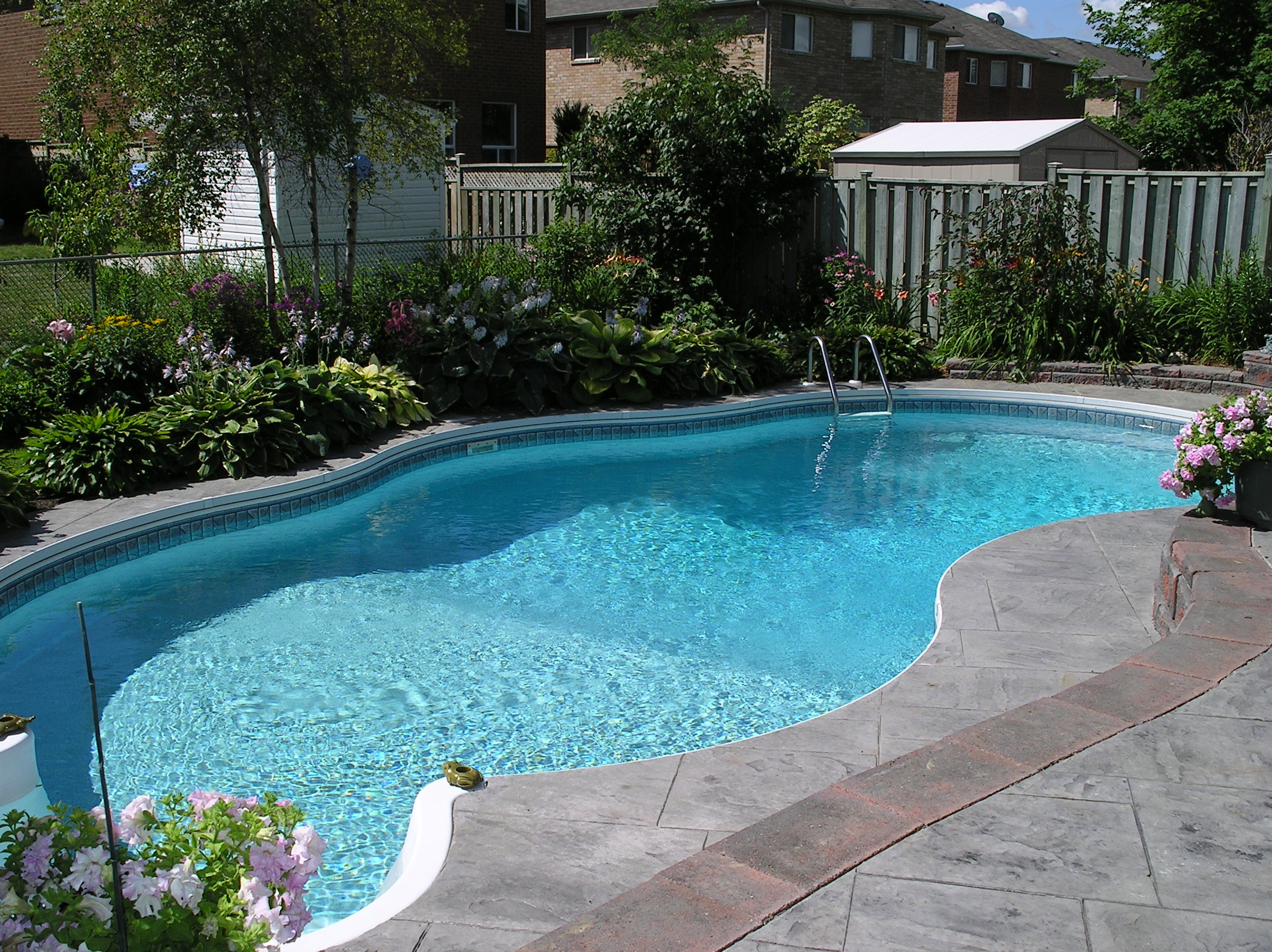
school library
/skuːl ˈlaɪbrəri / (n) thư viện trườngShe is studying at the school library at the moment.
(Cô ấy đang học tại thư viện ngay lúc này.)

course
/kɔːs/ (n) khóa họcWhat courses are you taking this term?
(Học kỳ này bạn học những khóa học nào?)
save energy
/seɪv/ /ˈɛnəʤi/ (v.phr) tiết kiệm năng lượngWhat are you doing to save energy?
(Bạn làm gì để bảo vệ năng lượng?)

1.4. Vocabulary for Unit 10: Energy sources. Lesson 4. COMMUNICATION
go to school on foot
/gəʊ tuː skuːl ɒn fʊt/ (v.phr) Đi bộ đến trườngDo you go to school on foot?
(Bạn đi bộ đến trường đúng không?)
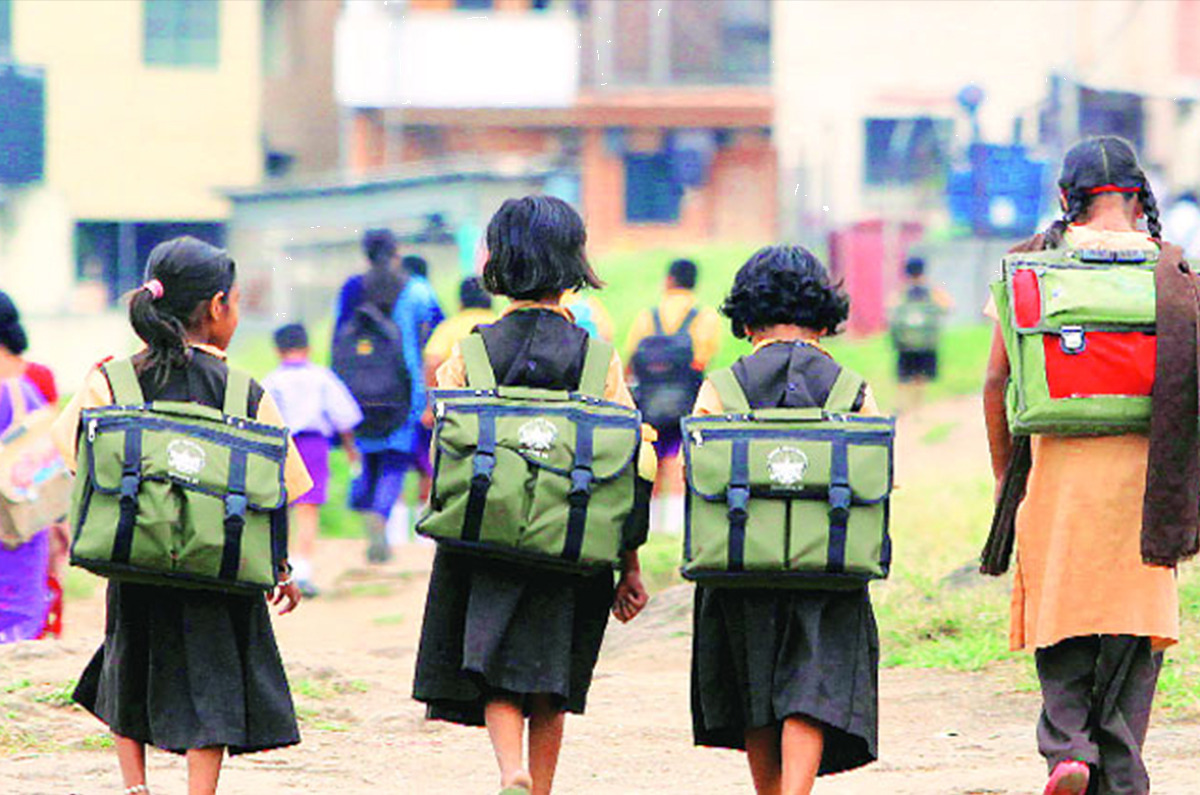
public transport
/ˈpʌblɪk ˈtrænspɔːt/ (n.phr) Phương tiện công cộngDo you use public transport?
(Bạn có dùng phương tiện công cộng không?)
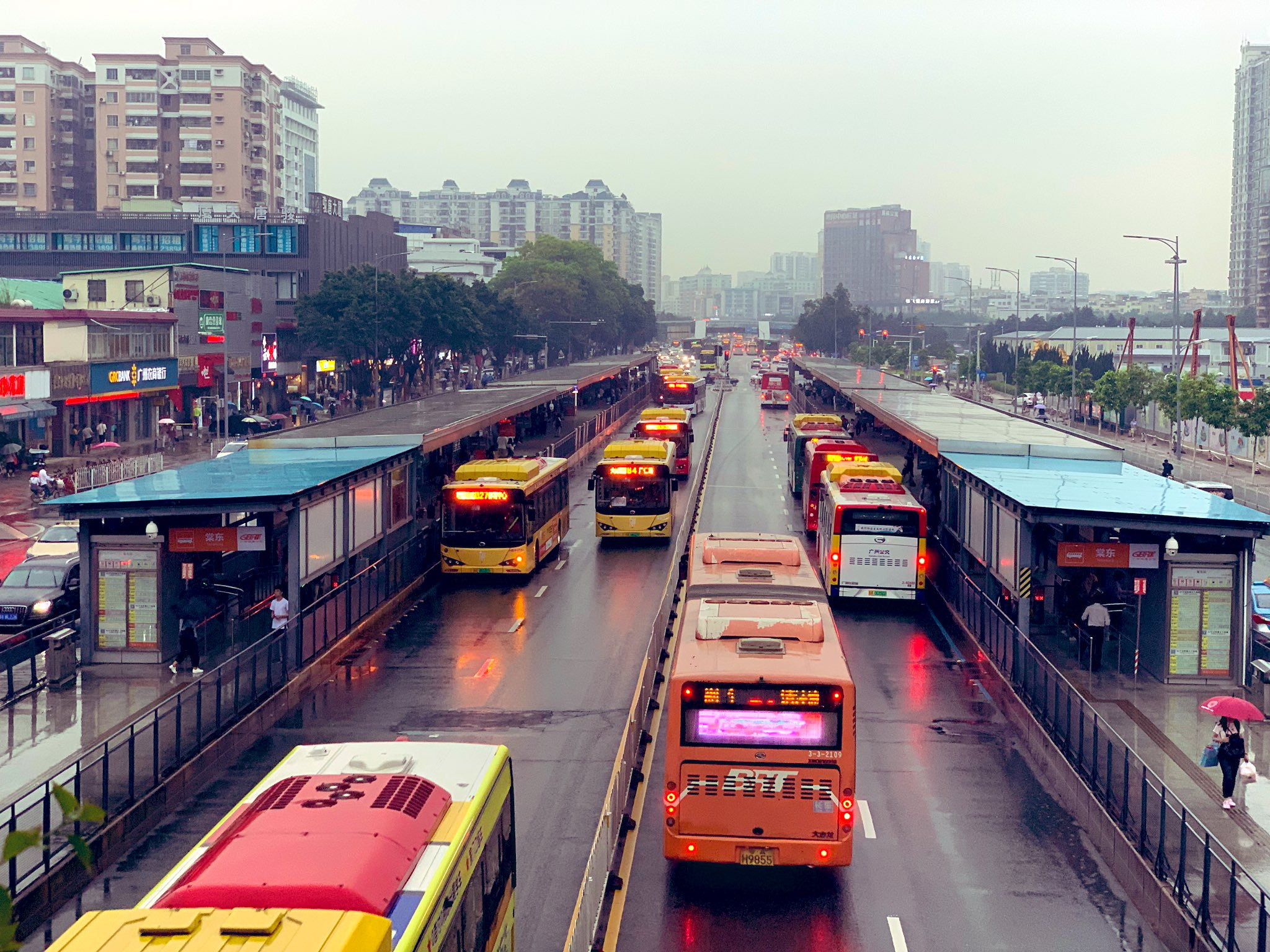
Low energy light bulb
/ləʊ ˈɛnəʤi laɪt bʌlb/ (n.phr) Bóng đèn tiết kiệm năng lượngDo you use low energy light bulbs at home?
(Bạn có dùng bóng đèn tiết kiệm năng lượng ở nhà không?)
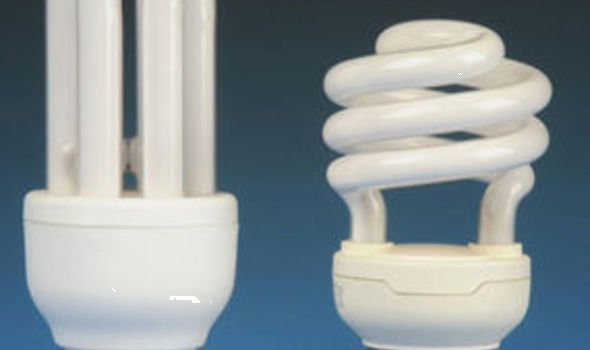
Warm water
/wɔːm ˈwɔːtə/ (v.phr) Làm nóng nướcDo you use solar energy to warm water?
(Bạn có dùng năng lượng mặt trời để làm nóng nước không?)
turn off
/tɜːn ɒf/ (.phr.v) TắtDo you turn off the lights when going to bed?
(Bạn có tắt đèn khi ngủ không?)
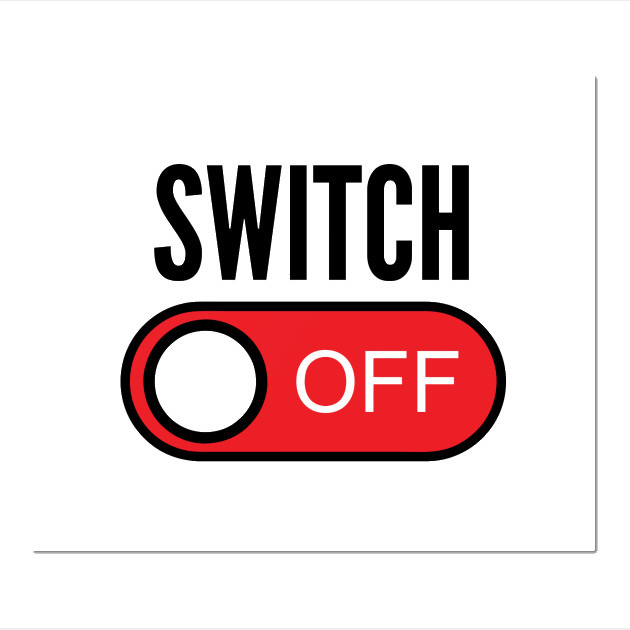
1.5. Vocabulary for Unit 10: Energy sources. Lesson 5. SKILLS 1
type
/taɪp/ (n) LoạiWhat type(s) of energy sources will we use in the future?
(Chúng ta sẽ sử dụng loại năng lượng nào trong tương lai?)
disadvantage
/ˌdɪsədˈvɑːntɪdʒ/ (n) Bất lợiWhat are its disadvantages?
(Vậy những bất lợi của chúng là gì?)
Advantage
/ədˈvɑːntɪdʒ/ (n) Lợi thếWhat are the advantages of renewable energy?
(Những lợi thế của năng lượng có thể tái tạo được?)
rely on
/rɪˈlaɪ ɒn/ (phr.v) Phụ thuộc vàoWhat will we rely more on in the future?.
(Chúng ta sẽ phụ thuộc nhiều vào cái gì trong tương lai?)
Limited
/ˈlɪmɪtɪd/ (adj) Có hạnNon-renewable sources are very limited and will run out soon.
(Năng lượng không tái tạo được thì có hạn và sẽ nhanh cạn kiệt.)
available
/əˈveɪləbl/ (adj) Có sẵnHydro energy is available, clean and safe to use.
(Năng lượng hydro thì có sẵn, sạch và dễ dùng.)
heat
/hiːt/ (v) Sưởi ấmMr Lam says we use energy for cooking, heating and lighting.
(Ông Lâm nói rằng chúng ta sử dụng năng lượng để nấu ăn, sưởi ấm và thắp sáng.)
Electrical appliances
/ɪˈlɛktrɪkəl əˈplaɪənsɪz/ (n.phr) Thiết bị điệnLinh turns off electrical appliances when not using them.
(Linh tắt các thiết bị điện khi không sử dụng.)
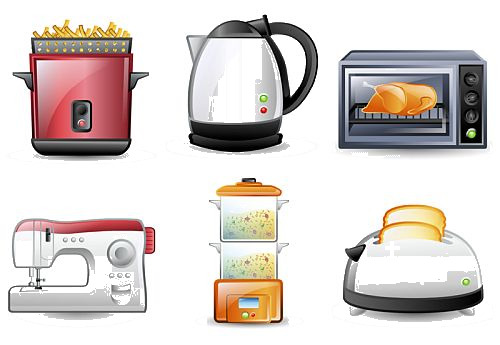
cost
/kɒst/ (v) Tốn kémWe use a lot of energy at home and it costs us a lot.
(Chúng ta sử dụng nhiều năng lượng và nó tốn kém nhiều.)
1.6. Vocabulary for Unit 10: Energy sources. Lesson 7. LOOKING BACK & PROJECT
LOOKING BACK
Rain heavily
/reɪn ˈhɛvɪli/ (v.phr) Mưa lớnLook! It is raining heavily.
(Nhìn kìa! Trời đang mưa lớn.)
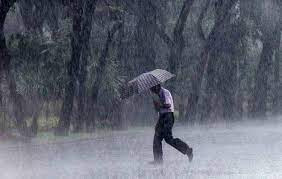
Walk to school
/wɔːk/ /tuː/ /skuːl/ (v.hr) Đi bộ tới trườngHe hasn’t got a bike at the moment, so he walks to school.
(Anh ấy không có xe đạp lúc này vì vậy anh ấy đi bộ đến trường.)
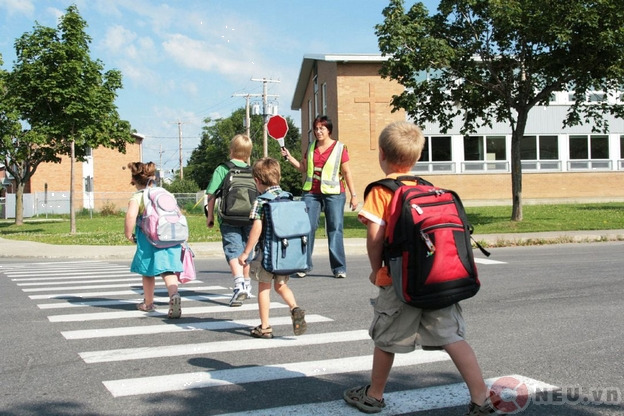
Do homework
/duː/ /ˈhəʊmˌwɜːk/ (v.phr) Làm bài tậpHe always does his homework in the evening.
(Anh ấy luôn luôn làm bài tập vào buổi tối.)
Write an essay
/raɪt/ /ən/ /ˈɛseɪ/ (v.phr) Viết luậnI’m afraid I have no time to help just now. I am writing an essay.
(Tôi e rằng tôi không có thời gian để giúp bạn ngay. Tôi đang viết luận.)
explain
/iks'plein/ (v) Giải thíchAt the moment, the teacher is explaining how solar energy works.
(Ngay lúc này, cô giáo đang giải thích cáhc năng lượng mặt trời hoạt động.)
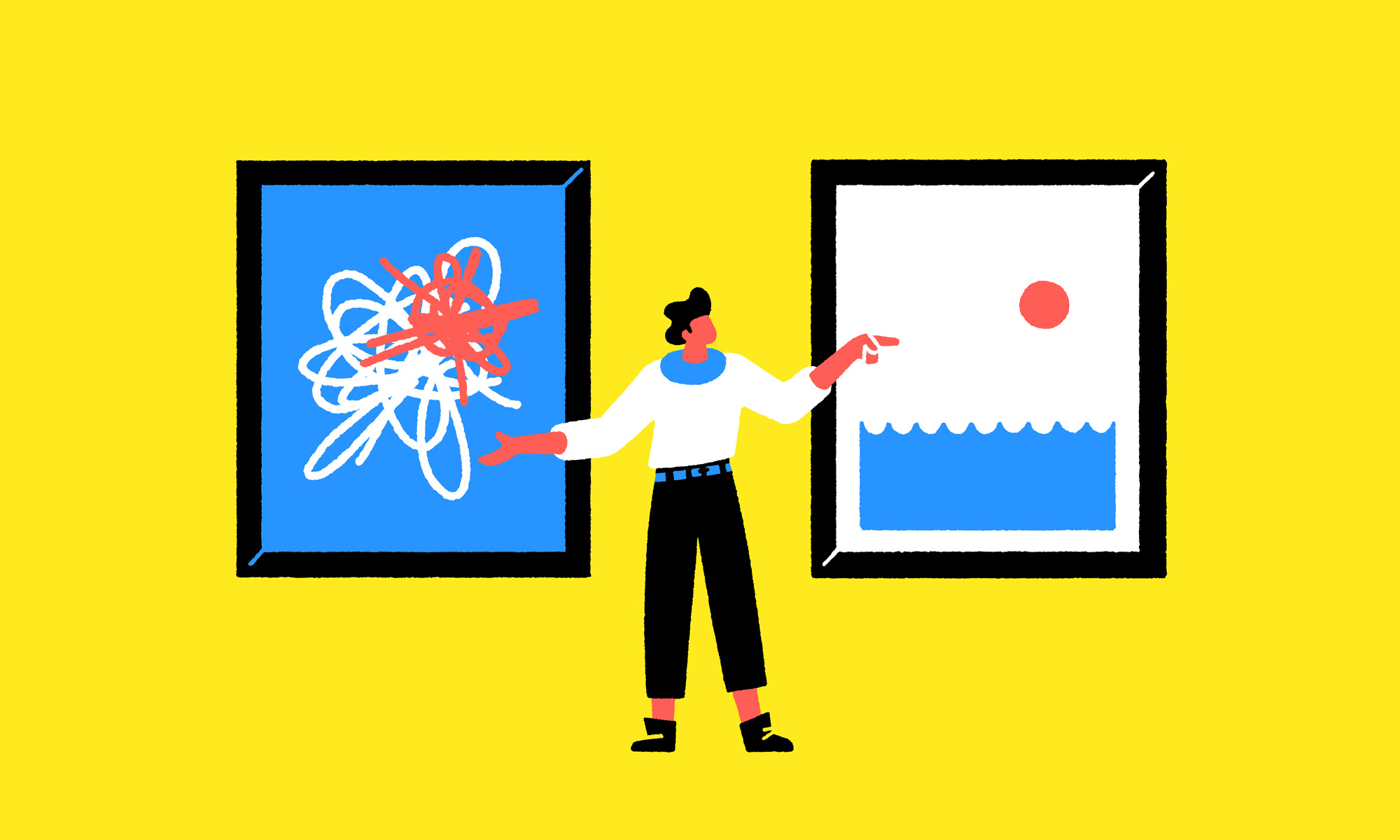
Effective
/ɪˈfektɪv/ (adj) Hiệu quảWe are looking for a cheap, clean and effective source of energy now.
(Chúng tôi đang tìm kiếm năng lượng rẻ, sạch và hiệu quả bây giờ.)
PROJECT
leave
/liːv/ (v) Rời khỏiTurn the lights off when you leave the classroom.
(Tắt hết đèn khi ra khỏi phòng.)
Be not in use
/biː nɒt ɪn juːz/ (v.phr) Không sử dụngTurn off electrical appliances when they ,b>are not in use.
(Tắt hết các thiết bị điện khi không sử dụng.)
Overcool
/ˌəʊvəˈkuːl/ (v) Làm quá lạnhDon’t overheat or overcool the classrooms.
(Không để lớp học quá nóng hoặc quá lạnh.)
tap
/tæp/ (n) Vòi nướcCheck that none of your taps around the school are dripping.
(Kiểm tra rằng không có bất kì vòi nước nào ở trường đang nhỏ giọt.)

2. Grammar for Unit 10: Energy sources
Ngữ pháp: thì hiện tại tiếp diễn Unit 10 Tiếng Anh 7 Global Success
I. Cấu trúc thì hiện tại tiếp diễn (present continuous)
- Khẳng định: S + am/is/ are + V-ing.
- Phủ định: S + am/is/ are + not + V-ing.
- Nghi vấn: (wh - word) + Am/ Is/ Are + S + V-ing?
Trong đó:
I am
He/ she/ it/ chủ ngữ số ít + is
We/ you/ they/ chủ ngữ số nhiều + are
II. Cách sử dụng:
Chúng ta sử dụng thì hiện tại đơn để thể hiện:
- một hành động đang xảy ra bây giờ hoặc tại thời điểm nói.
Ví dụ: The students are doing a project in the classroom now.
(Các em học sinh bây giờ đang làm dự án trong lớp học.)
- một hành động quanh thời điểm hiện tại hoặc không nhất thiết tại thời điểm quá.
Ví dụ: Scientists are looking for a new energy source to replace coal.
(Các nhà khoa học đang tìm một nguồn năng lượng mới để thay thế than đá.)
III. Dấu hiệu nhận biết:
Chúng ta có thể sử dụng các từ/ cụm từ:
- now: bây giờ
- right now: ngay bây giờ
- at the moment: tại thời điểm này
- today: hôm nay
- nowadays: ngày nay
- this week/ this month: tuần này/ tháng này
3. Video Lecture for Unit 10: Energy sources
Video Lecture for Unit 10: Energy sources.
3.1. Video Lecture for Lesson 1. GETTING STARTED
Collected
from Zim Academy
3.2. Video Lecture for Lesson 2. A CLOSER LOOK 1
Collected
from Zim Academy
3.3. Video Lecture for Lesson 3. A CLOSER LOOK 2
Collected
from Zim Academy
3.4. Video Lecture for Lesson 4. COMMUNICATION
Collected
from Zim Academy
3.5. Video Lecture for Lesson 5. SKILLS 1
Collected from Zim Academy
3.6. Video Lecture for Lesson 6. SKILLS 2
Collected
from Zim Academy
3.7. Video Lecture for Lesson 7. LOOKING BACK & PROJECT
Collected
from Zim Academy
4. Hướng Dẫn Phát Âm Unit 10 (Global Success 7)
Bấm vào các link Mục lục (Table of Contents) để xem Video Hướng dẫn và Thực hành Phát âm.
Phần Thực hành phát âm nên học trên máy tính.
4.1. Video Hướng Dẫn Phát Âm Unit 10 (Global Success 7)
Collected from Global Success
4.2. Thực hành phát âm – Pronunciation Practice. Unit 10
Stress in three-syllable words
Click the buttons to listen, say aloud, and record. Compare your voice with the sample pronunciation. Practice each sentence at least 3 times.